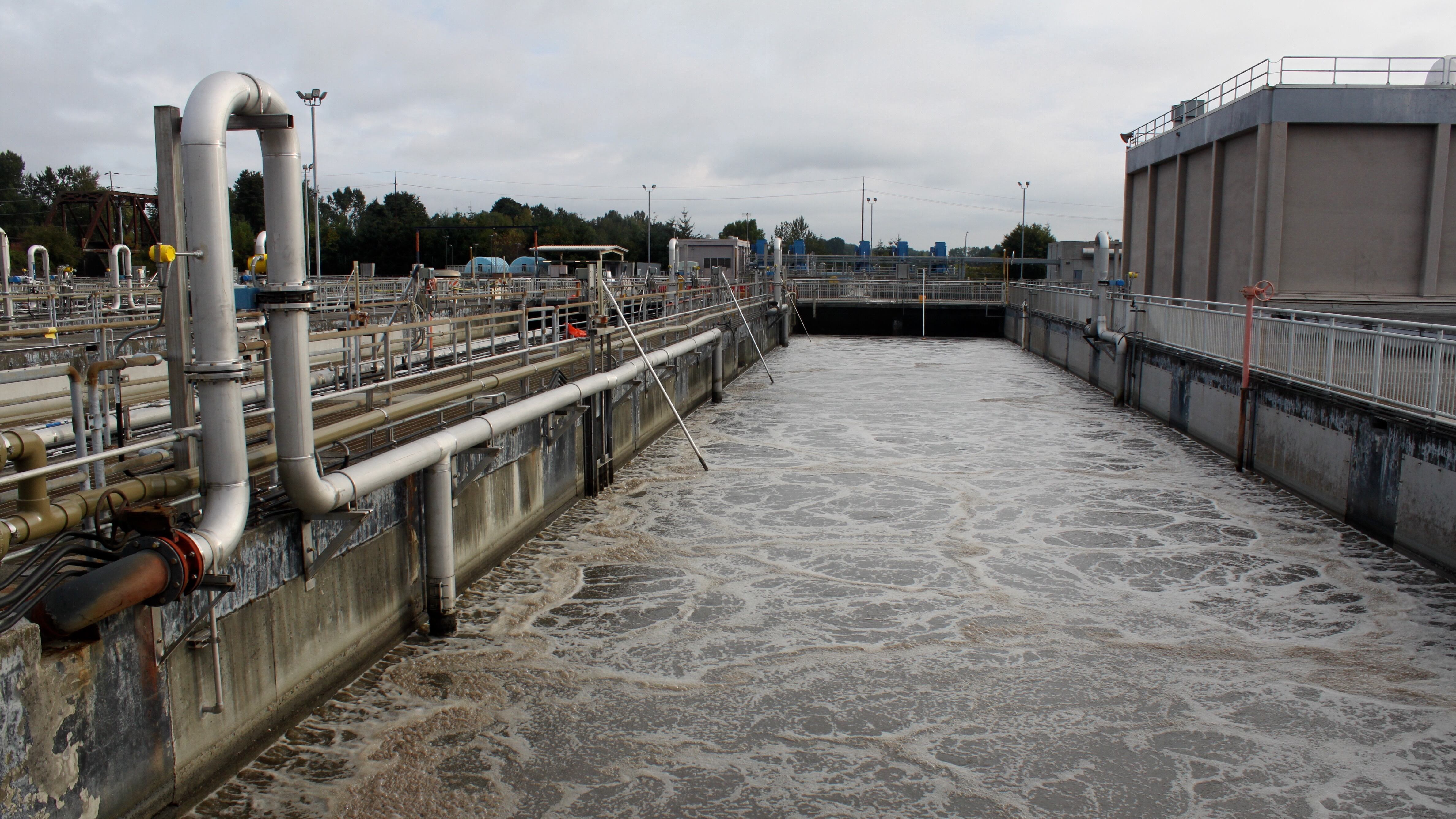So apparently the new water treatment plant is going to take
10 years to build. What is this, the Great Pyramids? Also, what happens if crypto strikes in the meantime? —Doctor Doom
Oh, Doctor Doom. I wonder if the Marvel Universe would be so terrified of you if they knew your Ph.D. was in modern dance.
For those of you who recently emerged from a two-year coma: Last year, the Portland Water Bureau detected trace amounts of the parasite cryptosporidium in the water.
The prior absence of this pest had allowed us to wheedle various regulatory bodies into letting us not build the big, expensive treatment plant most cities are required to have to begin with. Now that gravy train has ground to a halt: We gotta have a treatment plant, just like everybody else.
That project is currently in the "pre-planning" stage. "Planning" itself is not planned until October. But don't confuse planning with "design"—that doesn't begin till 2020. Actual "construction" kicks off in 2022, with completion scheduled for 2027. Don't blink!
Glacial as it sounds, 10 years is actually a pretty standard timeline for this kind of thing. As the ultimate deep-pocket defendant, government has to cross every t and dot every i, because inevitably some citizen (and his lawyer) will come along and object to some aspect of the project.
Planners need a paper trail showing every alternative was considered, and that temporary access road really did have to run through Uncle Joe's turnip patch.
What do we do in the meantime? Eh, same as we've always done. The Water Bureau has stepped up monitoring just in case, and in a pinch, we could switch to groundwater, but really, not that much has changed. The crypto they found was probably from an animal source, and the infection doesn't usually jump species.
Of course, "probably" and "usually" (along with "what, me worry?") don't cut the mustard with humorless public health regulators, who want safety beyond the shadow of a doubt. But us regular folks probably have worse problems to worry about.

